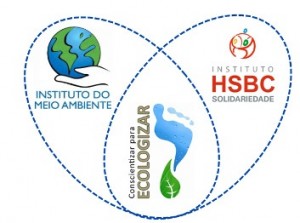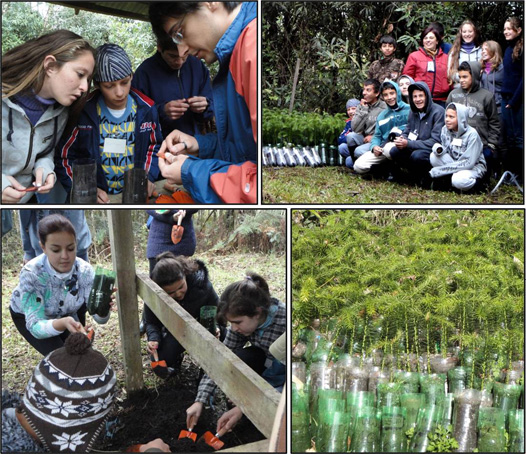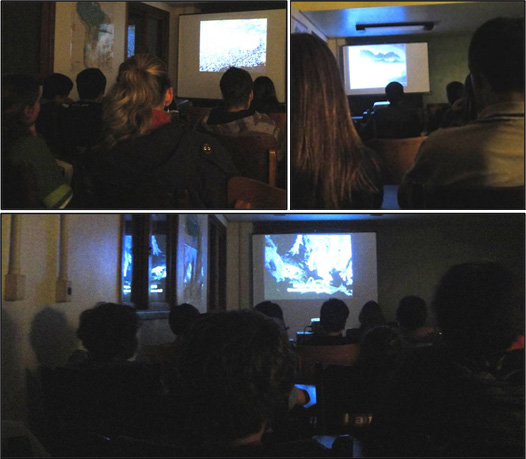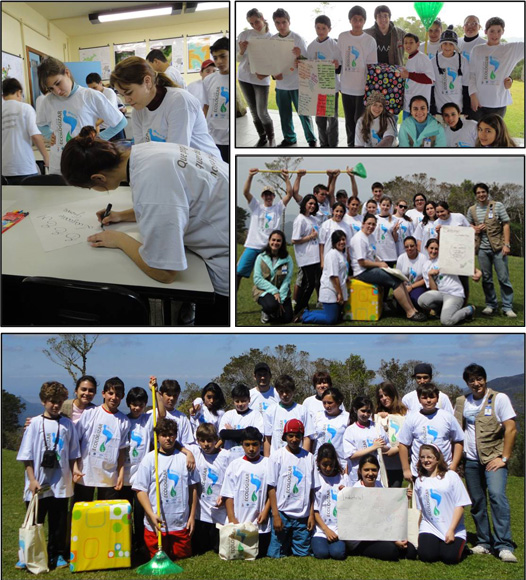The project “Conscientizar para Ecologizar” (Raising Awareness to Ecologize) is an initiative of PUCRS Institute for the Environment and Natural Resources in partnership with HSBC Solidarity Institute (HSI).

In environmental education, the project aims to disseminate the importance of conservation and environmental sustainability, involve young people in environmentally sustainable actions, and strengthen sustainable development among the citizens of São Francisco de Paula, RS, by raising environmental awareness.
As direct beneficiaries of this partnership, the project included students (aged 13 to 16) and teachers working in the public schools of São Francisco de Paula. Each group (consisting of 20 students and one teacher responsible for them) is welcomed at the Pró-Mata CRNC to attend theoretical and practical activities related to environmental education.
The groups participate in meetings such as lectures, workshops and practical experiences, including perceptual walks, reuse of materials, planting of native species and documentary screenings, which aim to make them multipliers of information in their communities. Activities are developed in three business days (Monday to Wednesday or Wednesday to Friday). The first edition of the project took place from 2011 until April 2012, and it is currently in the 2nd edition.
Walks on trails where participants are introduced to concepts and facts about the environment, ecosystems, biomes and ecological succession, aimed at increasing environmental awareness (photos: Talita Pereira and Fernando Dalmas)

Presentation of topics covering concepts and curiosities related to waste, selective collection, 3 Rs and human ecological footprint, with a practical activity of making objects from (once disposable) materials with the potential for income generation (photos: Talita Pereira, Fernando Dalmas and Bruno Todeschini).

This activity aims to raise awareness about the importance of forests (interactions) with replacement (compensation). Presentation of concepts and examples regarding the importance of native vegetation, habitat, ecosystem, ecological interactions, deforestation, habitat fragmentation, habitat corridors and environmental compensation (photos: Talita Pereira and Fernando Dalmas).

A moment of relaxation is provided, but also stimulus to curiosity by the presentation of documentaries on familiar or very distant ecosystems, animal behavior, and the consequences of climate and human change, raising awareness about the environmental cause (photos: Talita Pereira and Fernando Dalmas).

Participants receive project t-shirts and an official group photo is taken with the products they make (photos: Talita Pereira and Fernando Dalmas).
